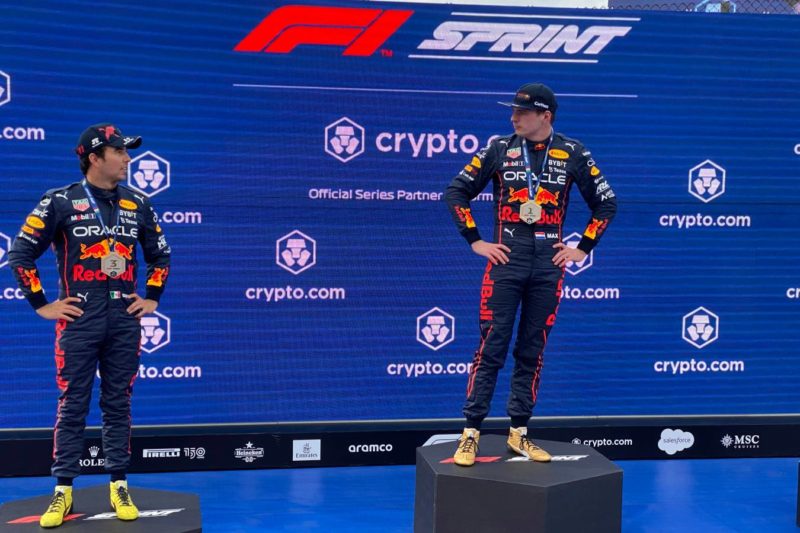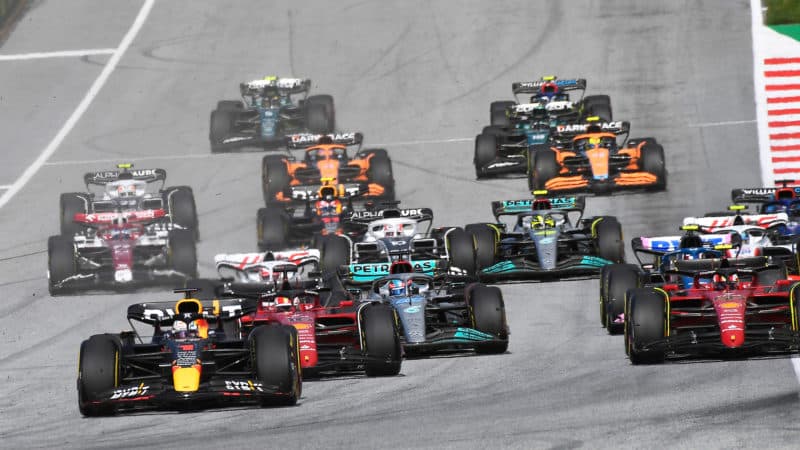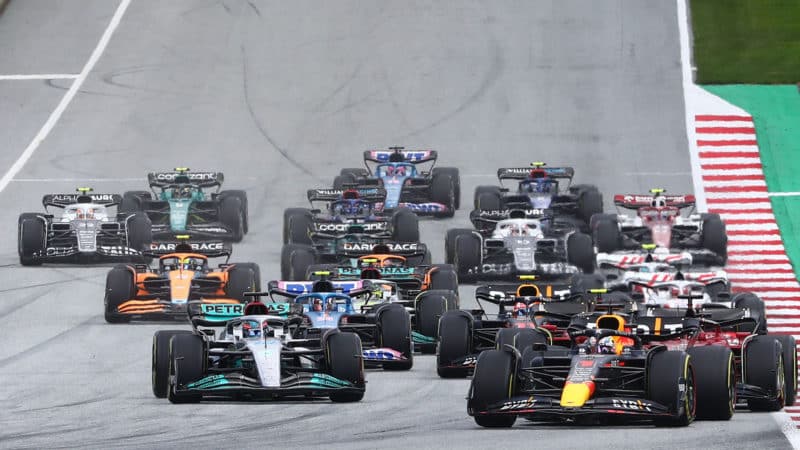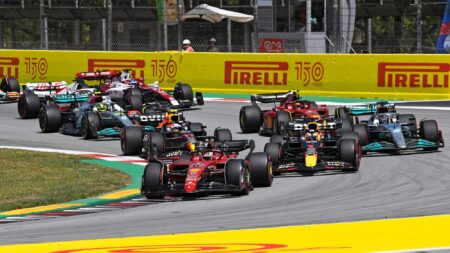There’s also the issue of a shorter race providing the best information possible to the teams and their strategists, perhaps leading to convergence on the way they will run their races and reducing the amount of variety across the grid. But thanks to that calendar expansion I’m now spinning to help make my point for me, there are still 18 races (yes, what used to constitute a full season’s worth) where the original format remains and those opportunities are provided.
Plus, I never liked how much practice there is in F1 anyway. The longer you give teams to hone their cars, the more likely you end up with a grid that is close to two-by-two in team sequence, that can then lead to a processional race. Lining cars up in pace order only ever increases that risk, but reducing the lack of practice time makes it that bit more challenging for teams and drivers to hit the ground running, and potentially induce mistakes.
Admittedly, practice on Saturday morning has limited relevance during a sprint weekend, but for anyone complaining that FP2 has become tough to follow, I’ve never understood the desire to make every single aspect of a grand prix event a massive show. Football training sessions and pre-match warm-ups are not widely televised or forced to be more exciting for fans, they’re there to prepare for the game itself.
Much of an F1 weekend building up to Sunday is to prepare for when the lights go out, and sometimes you just have to let the teams run through those preparations. But if you can create a schedule that delivers more competitive action – and action that requires the drivers to call upon their skills — then why not?
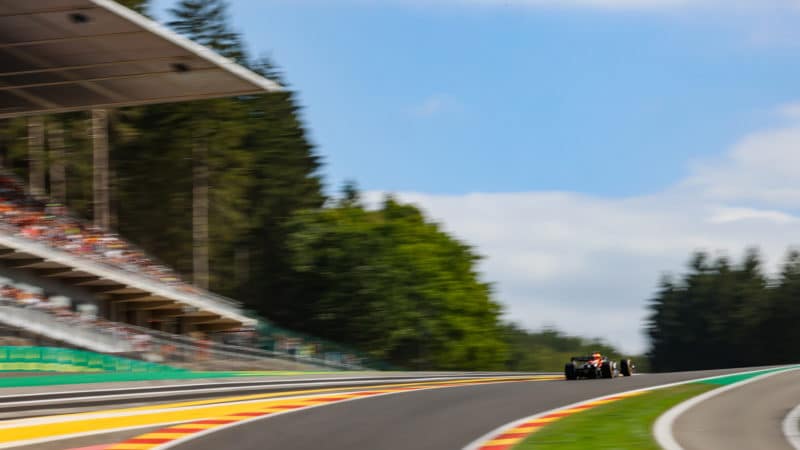
An alternating year contract has been mooted for Spa
Paul Vaicle / DPPI
The timing of the announcement could have been better, as there is still fresh focus on the ever-expanding calendar and the impact it is having on both those involved in Formula 1 and the wider environment. But that’s not to say it’s a bad move, and it could also open the door for other experiments.
Don’t worry, I’m not going to go all reverse grids on you right now (although, I’m not against trialling them if the right set of regulations can be found…) but I’m actually thinking of the potential to trial some other calendar solutions that could release the pressure on the schedule a little bit.
